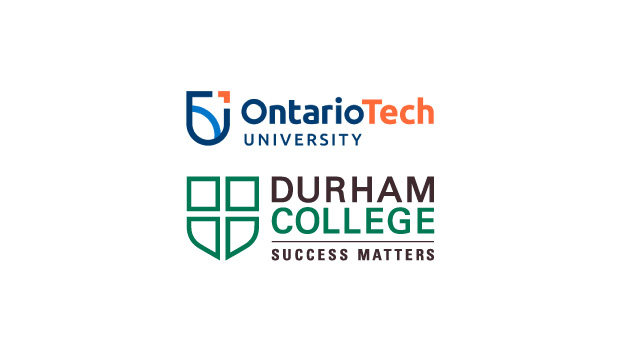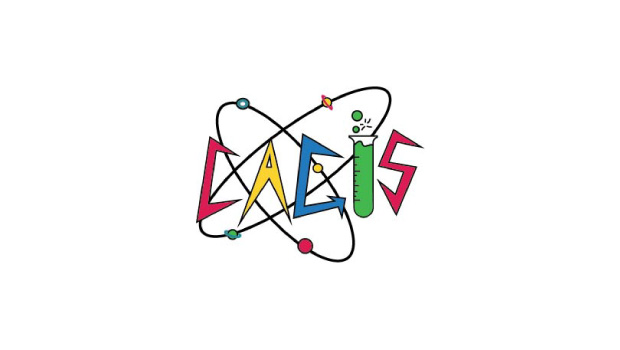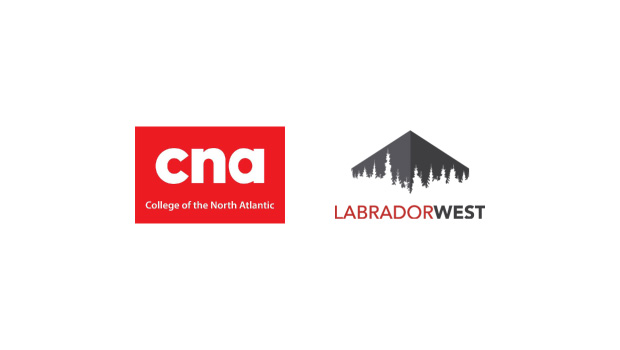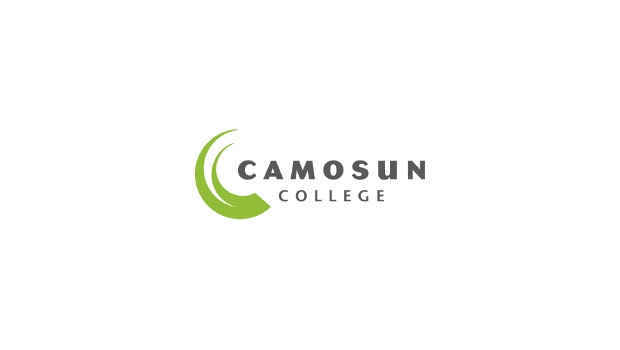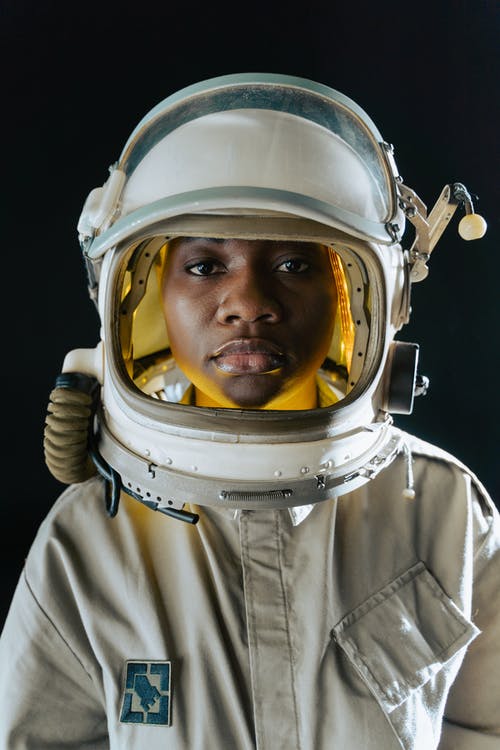
Girl Up STEM for Social Good Bootcamp: Exploring Space
Are you interested in aerospace engineering, astrophysics, and robotic technology? Do you have dreams of being an astronaut one day? Join this bootcamp to learn more about careers in space and deepen your understanding of the historical accomplishments of women in the space field!

Black Youth Coding Club
This STEM program has been developed by Black STEM Students to provide Black youth with role models and a safe space to explore STEM and develop skills critical for the future. This program is offered at no cost to families with the generous support of Actua and the Government of Canada’s CanCode program.
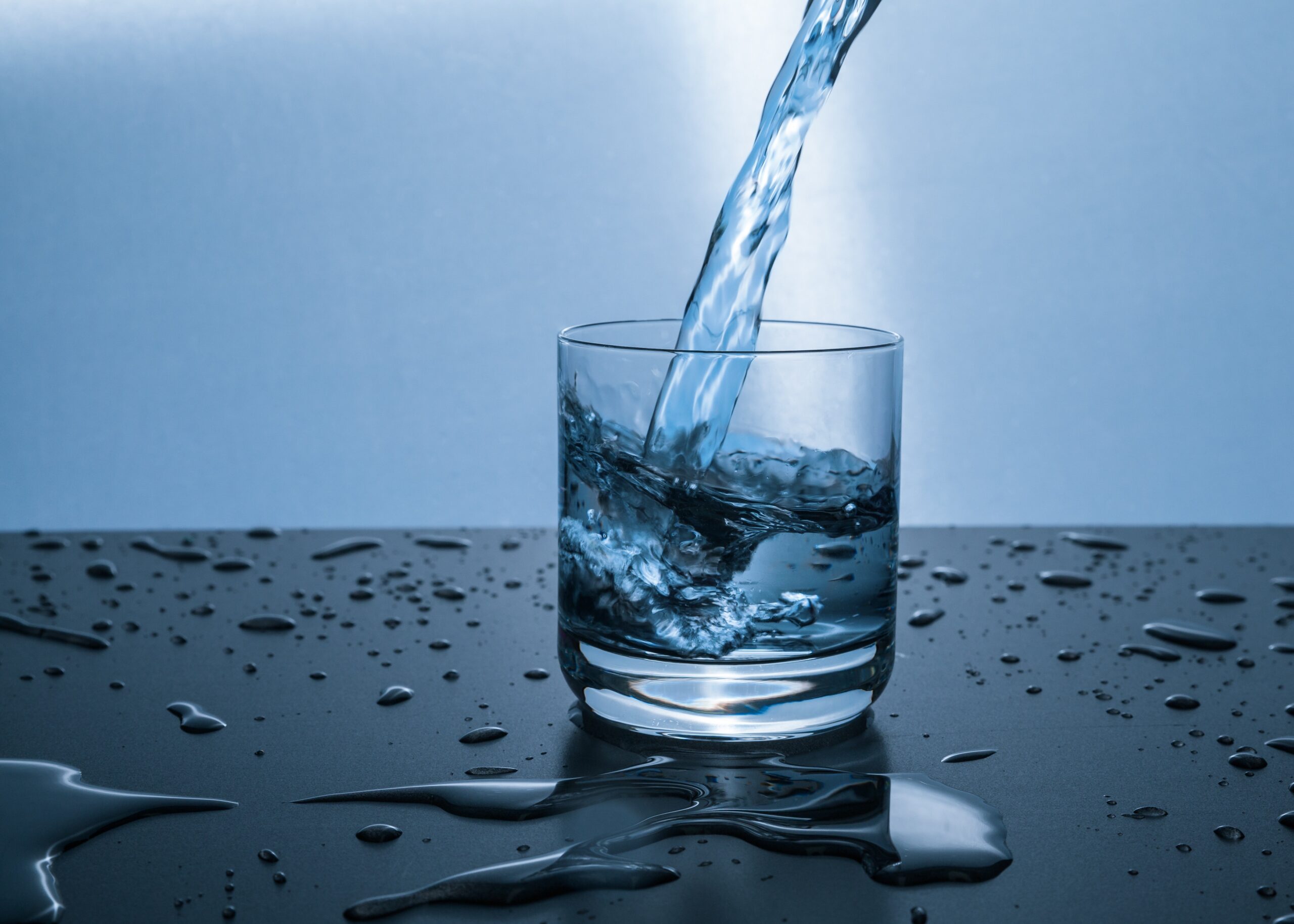
Water Filtration Activity (Ages 7-12)
Although water covers 73% of the Earth’s surface, only 3% of it is fresh water. Most of the Earth’s freshwater is frozen in glaciers, found deep underground, or otherwise inaccessible for use. Luckily, water is a renewable resource! Join us to make a water filter and learn about water contamination sources, the water cycle, and water filtration.

Water Filtration Activity (Ages 11-16)
Although water covers 73% of the Earth’s surface, only 3% of it is fresh water. Most of the Earth’s freshwater is frozen in glaciers, found deep underground, or otherwise inaccessible for use. Luckily, water is a renewable resource! Join us to make a water filter and learn about water contamination sources, the water cycle, and water filtration.
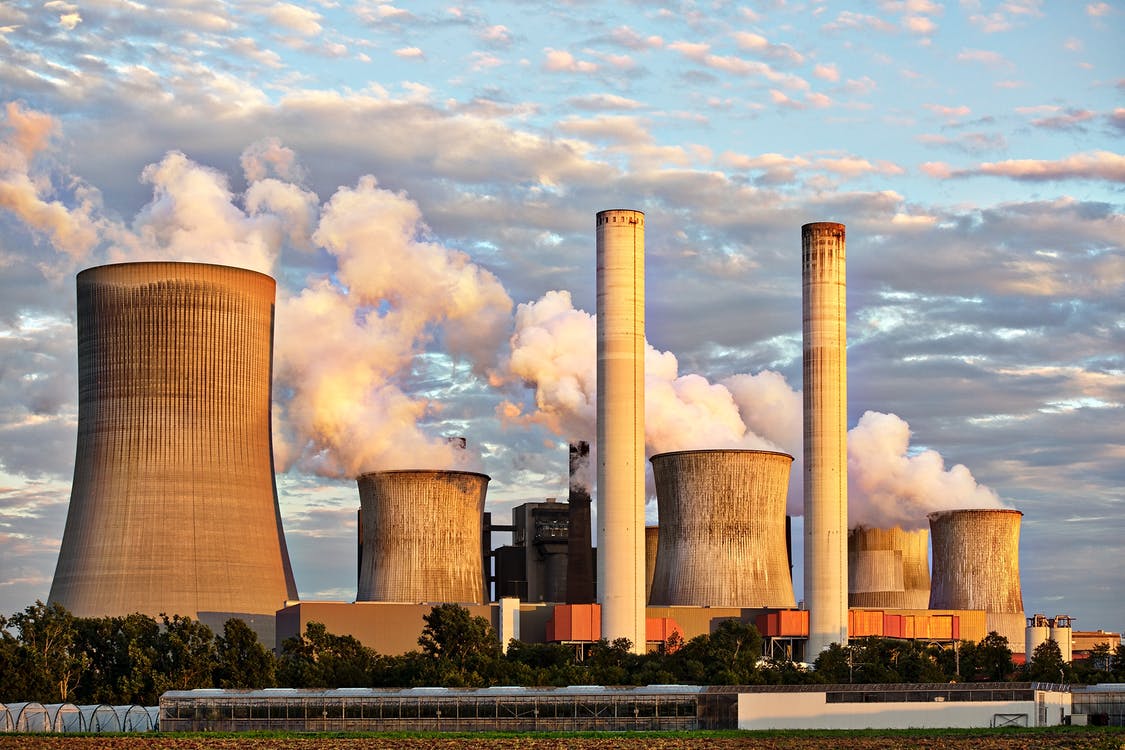
Let’s Talk Pollution
Are you concerned about the fate of the environment? Are you considering attending university? Register now for Let's Talk Pollution and learn about the different ways you can address pollution!
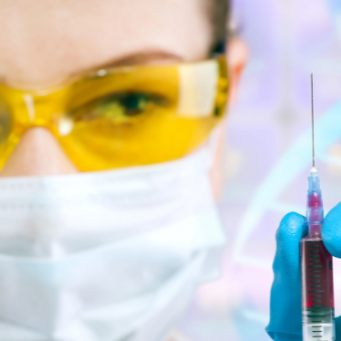
Medicine and Science: Two Sides of the Same Coin
Dr. Craig Bryan, M.D, will be speaking about his experiences as a medical doctor and as a research scientist. This webinar will cover his personal experiences in both fields, and how they led him along a confusing, but interesting path. Finally, Dr. Craig will focus on how clinical and basic sciences complement each other and are two sides of the same coin.
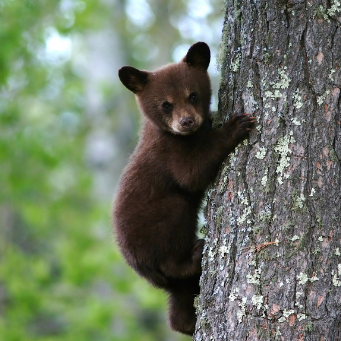
Storytime: Fat, Fur and Feathers
Join Let's Talk Science Outreach to read Jean-Denis Côté's book, "Winter Surprises" and complete a hands-on science activity about how animals keep warm!
In this activity, students will learn about animals in the winter and how they survive the cold. Using everyday household items, students will test whether fat, fur and feathers keep their hands warm by placing their hands on ice or snow.
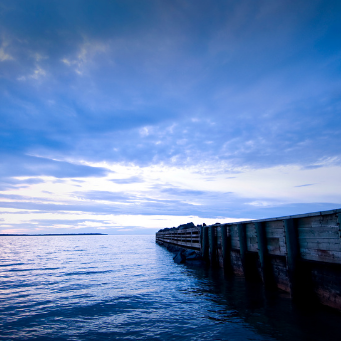
Let’s Talk Great Lakes: Invasive Species
The Great Lakes are five lakes in North America that are all freshwater lakes. This freshwater makes up 20 per cent of the world’s surface freshwater.
Four of these lakes are located in Ontario Canada: Lake Huron, Lake Ontario, Lake Erie, and Lake Superior. Lake Michigan is the only great lake that is entirely in the United States of America. These lakes are extremely important for aquatic life, ecosystems, drinking water, irrigation, as well as transportation. Invasive species, pollution, habitat destruction, as well as climate change are having significant impacts on these lakes.
This initiative is to highlight these issues, potential career opportunities associated with the Great Lakes, as well as to give hands-on opportunities to high school students in the aquatic and terrestrial fieldwork that is performed in and around these lakes.

Black Youth Coding Club
This STEM program has been developed by Black STEM Students to provide Black youth with role models and a safe space to explore STEM and develop skills critical for the future. This program is offered at no cost to families with the generous support of Actua and the Government of Canada’s CanCode program.

Activity: Platonic Solids (Ages 7-12)
Over two thousand years ago, the Greek philosopher Plato wrote about five special polyhedra shapes: the tetrahedron, the cube, the octahedron, the icosahedron, and the dodecahedron. Why have these shapes fascinated mathematicians, artisans and architects throughout the ages? Join us to learn more about the geometric secrets of platonic solids.

Activity: Platonic Solids (Ages 11-16)
Over two thousand years ago, the Greek philosopher Plato wrote about five special polyhedra shapes: the tetrahedron, the cube, the octahedron, the icosahedron, and the dodecahedron. Why have these shapes fascinated mathematicians, artisans and architects throughout the ages? Join us to learn more about the geometric secrets of platonic solids.
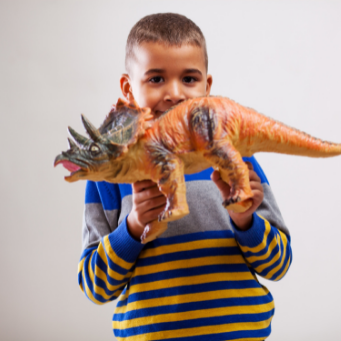
Storytime: Trouble-to-Toys
Join Let's Talk Science Outreach to read Lisa Lucas's book, "When the Earth Shook" and complete a hands-on science activity about upcycling waste!
In this activity, students will learn about how waste contributes to climate change and a solution for this problem. Using everyday household items, they will turn a waste item into a fun new toy.
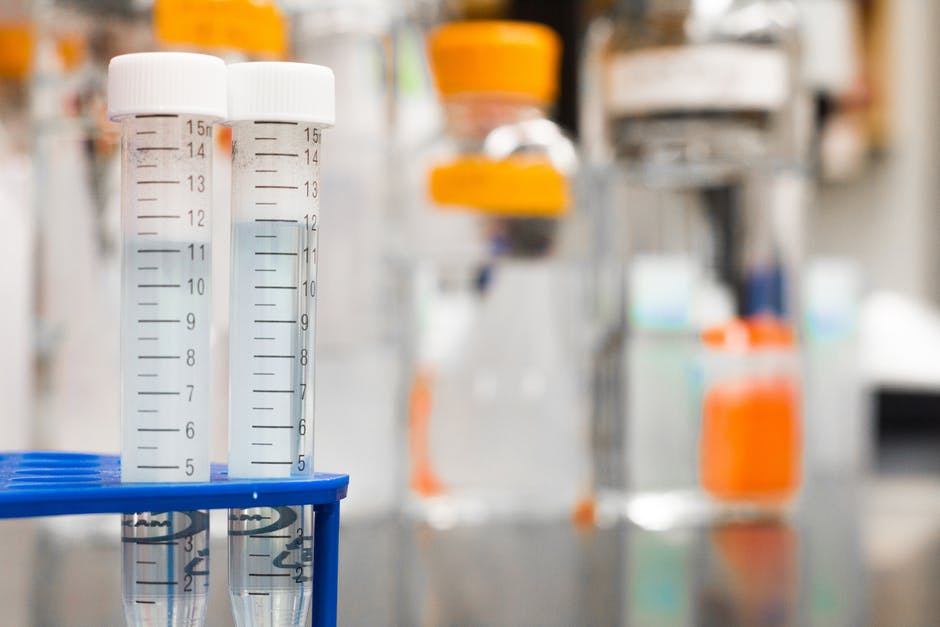
STEM Workshop: DNA Extraction
Discover the miracles of science and the basis of what makes you what you are in this exciting workshop! You will be extracting DNA from fruits.
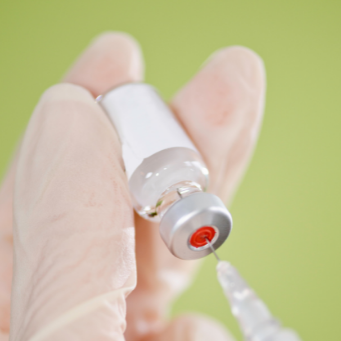
Let’s Talk Vaccines
What are vaccines? How do they work? Why do we need them? In this symposium, we will learn from academic and industry professionals about vaccines and immunizations.
Not only will we learn about the influence of vaccines on a personal level, we will also understand the roles they play in our community, and why they are especially important in the COVID-19 pandemic. Are you curious about the making of vaccines? Are you interested in public health? Join us as we bust all myths around vaccines and learn about the science of immunization.

Let’s Talk Great Lakes: Water Quality
The Great Lakes are five lakes in North America that are all freshwater lakes. This freshwater makes up 20 per cent of the world’s surface freshwater.
Four of these lakes are located in Ontario Canada: Lake Huron, Lake Ontario, Lake Erie, and Lake Superior. Lake Michigan is the only great lake that is entirely in the United States of America. These lakes are extremely important for aquatic life, ecosystems, drinking water, irrigation, as well as transportation. Invasive species, pollution, habitat destruction, as well as climate change are having significant impacts on these lakes.
This initiative is to highlight these issues, potential career opportunities associated with the Great Lakes, as well as to give hands-on opportunities to high school students in the aquatic and terrestrial fieldwork that is performed in and around these lakes.

Black Youth Coding Club
This STEM program has been developed by Black STEM Students to provide Black youth with role models and a safe space to explore STEM and develop skills critical for the future. This program is offered at no cost to families with the generous support of Actua and the Government of Canada’s CanCode program.
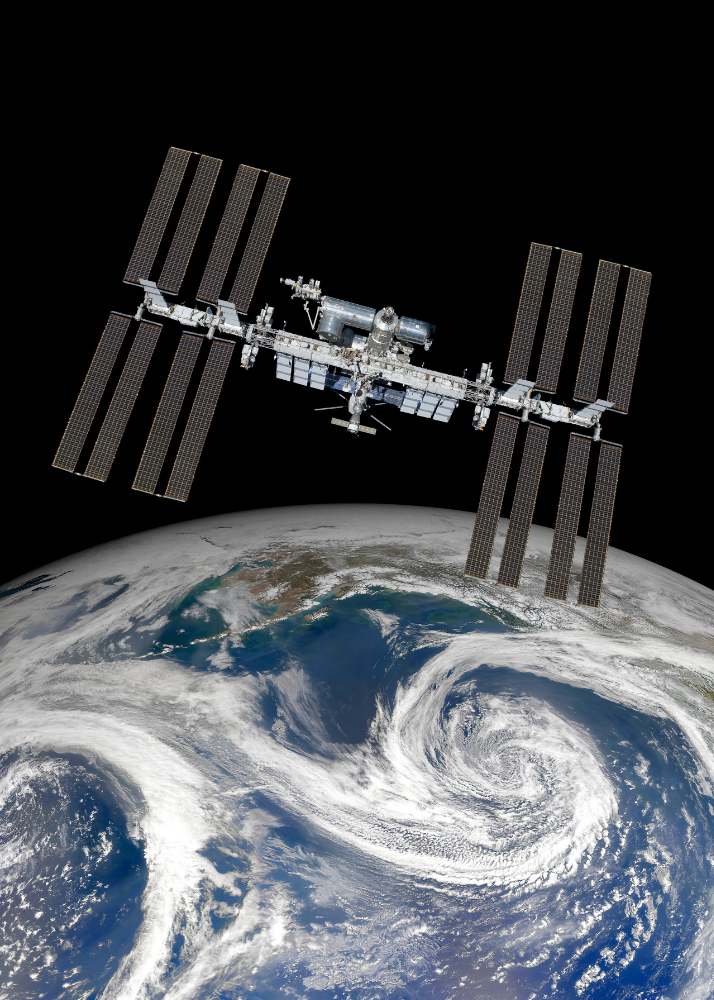
Send Your Code to Space! (Ages 7-12)
We’re participating in the European Space Agency’s Astro Pi Challenge! Learn to code a simple program that takes a humidity reading on the International Space Station (ISS). Then, customize it with a personalized message for the astronauts on board! At the end, you’ll receive a certificate showing where exactly the ISS was when your program ran.

Send Your Code to Space! (Ages 11-16)
We’re participating in the European Space Agency’s Astro Pi Challenge! Learn to code a simple program that takes a humidity reading on the International Space Station (ISS). Then, customize it with a personalized message for the astronauts on board! At the end, you’ll receive a certificate showing where exactly the ISS was when your program ran.
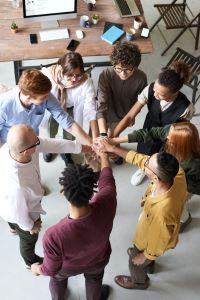
Diversity, Inclusion and You
A highly effective and interactive session that helps participants navigate the complex issues around diversity and inclusion. Content focuses on the continuous process to an inclusive mindset, an introduction to unconscious bias, and the barriers and benefits to diversity and inclusion. With this increased knowledge and understanding, participants will learn to communicate more effectively and become more inclusive in their workplaces and day-to-day lives.
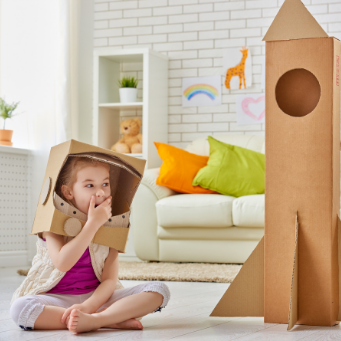
Storytime: Pocket Solar System
Join Let's Talk Science Outreach to read Tish Rabe's book, "There's No Place Like Space: All About Our Solar System" and complete a hands-on science activity about space!
In this activity, students will learn about the relative distances of planets from the Sun, the order of planets, and the names of the planets. They will have a chance to create their own model of the Solar System using everyday household items.
